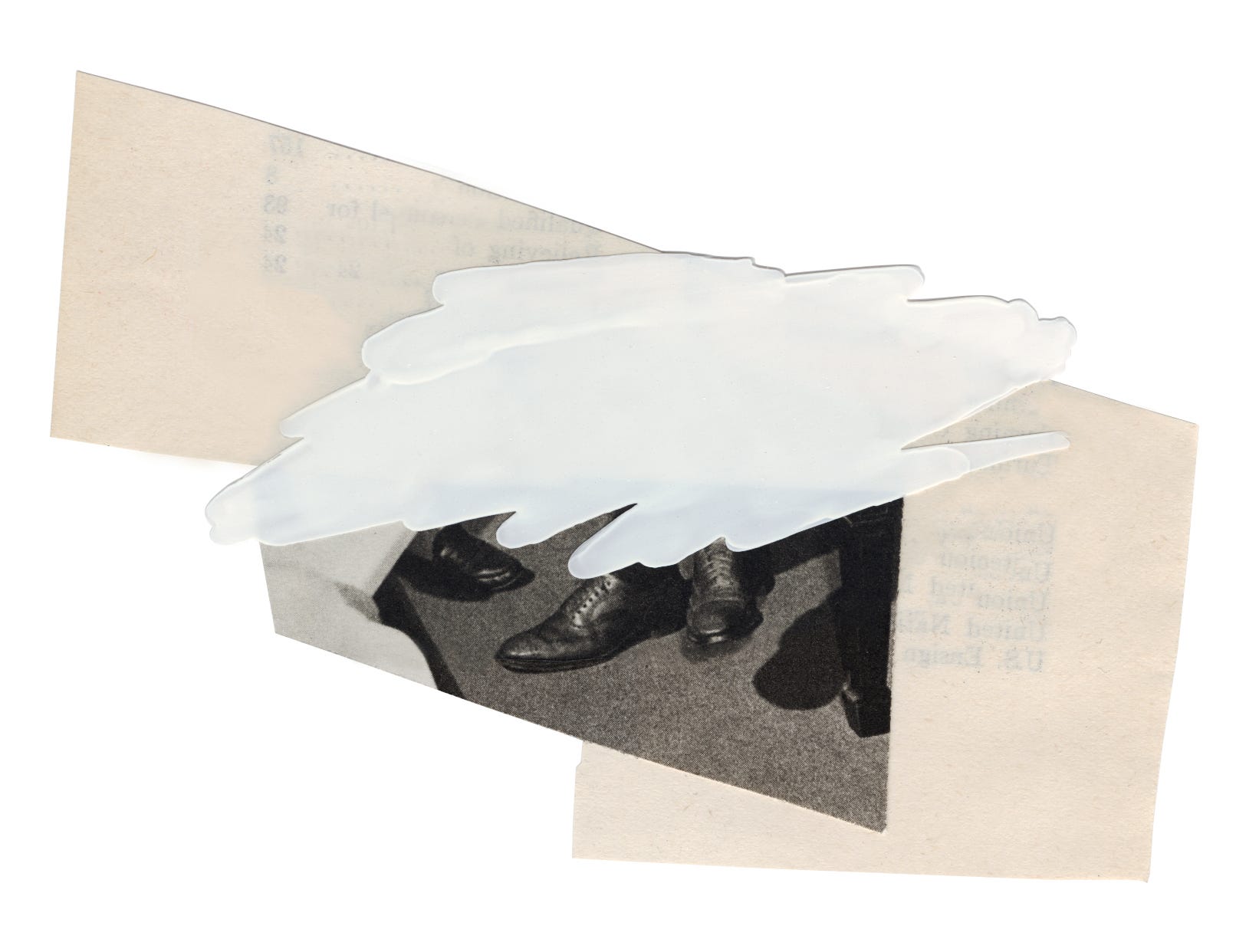Your Friends and Rapists
How dick culture permits the crime
That summer I only listened to “Ceremony” and I remember it didn’t rain. I was nineteen years old. It was the summer after my second year at the University of Western Ontario, which would also be my last year at the University of Western Ontario, and I took a job advertised to students. The job was to get in a van and take a yellow pad of sign-up forms and a pen and wear comfortable shoes (no flip-flops) and sell fixed-price natural gas to anyone who could be convinced they were paying too much for broken-price natural gas.
It was a blank summer. Every day seemed of exactly the same quality. On the job, though, some days paid better while other days paid not at all. It felt scammy and demoralizing to work on commission, and one by one all the girls quit. I stayed with the boys.
I had it bad for one of them in particular. I’ll call him Jon. He looked like a hockey player Elisha Cuthbert would date, or maybe like Elisha Cuthbert’s brother, and he had a kind of bruising plum mouth I always love. Once at Jon’s house after work I mixed vodka with purple Kool-Aid—only the powder, no water. I drank it from an oversized wine glass. Then I thought, isn’t there a first time for everything, like smoking a lot of weed with six boys? When I woke up I was in Jon’s roommate’s bed and Jon’s roommate was gone for the summer so it was fine and Jon’s t-shirt, which he had put on me over my dress, was covered in grass stains and purple.
School began without me. Jon’s roommate came back. Some guys he knew were having a party, and he told Jon to bring that girl, the one from the summer. So Jon with that mouth had talked about me—me, to someone I’d never even met.
To my boyfriend I said I was going to a party with my friends and to my friends I said I was going to a party with my boyfriend. To Jon I said: whiskey please, I can’t so much as smell a glass of vodka without seeing purple. I remember he told me vodka doesn’t smell. I remember he mixed whiskey with lemonade to approximate a sour, and it was sweet. After that nothing for a while.
It was an old Victorian house with wooden floors, except at the top, where the ceilings sloped halfway down the wall and the carpets were thick and gray. The walls were also gray. The room was dusty and full of VCRs and it had never seen sunlight or Febreze. Maybe I held my breath too long. Maybe—the stairs were so steep, I thought later—I just ran out of it. Either way, my eyes opened when the door did. I was lying face down in the carpet, my breath hot and awful, and behind me someone was fucking. Jon, I thought. His dick kept moving in a girl who wasn’t and she was me. Then it took forever, but my head sort of turned to see two or three boys at the door and one was holding up his phone. It didn’t stop. These were old like Nokia phones. I wasn’t scared, only—I wanted no one to see me in this light.
What things could I have done. I stopped it please. The boys left not only the room but also the party and maybe I could have called a friend. Or my roommates. I still believed some cops were good. I could not have called my parents, but I could have told my brother to bring the car. Instead I drank water and splashed it on my face and when I came out of the bathroom I said let’s go. Where? To your house. Okay, said Jon. We went to his house and I slept with my back against his chest.
I didn’t cry when I got home, or that night when I did not tell my boyfriend, or the next week when I wondered what I’d wanted. What would I have said had I been asked? Perhaps it would feel worse to have cheated than to have been cheated, and cheated was how I felt, more or less. I did not cry about it for nine years, and not once did I say that I was raped.
Note that I am also not saying it now. Note that bodies have different thresholds for different kinds of pain and so do minds. Note that Jon was deep-down dumb as fuck and that in a strange or self-saving way I felt sorry for him because he couldn’t think long enough to ask. Note that he was still sleeping when I left that morning. Note that there is no way Jon thought of himself as a rapist so, when it comes right down to it, I’d rather freeze in hell than feel like a victim. Is that a joke? I really hope you’re making all these notes, because this isn’t a story you hear every day. That’s a joke.
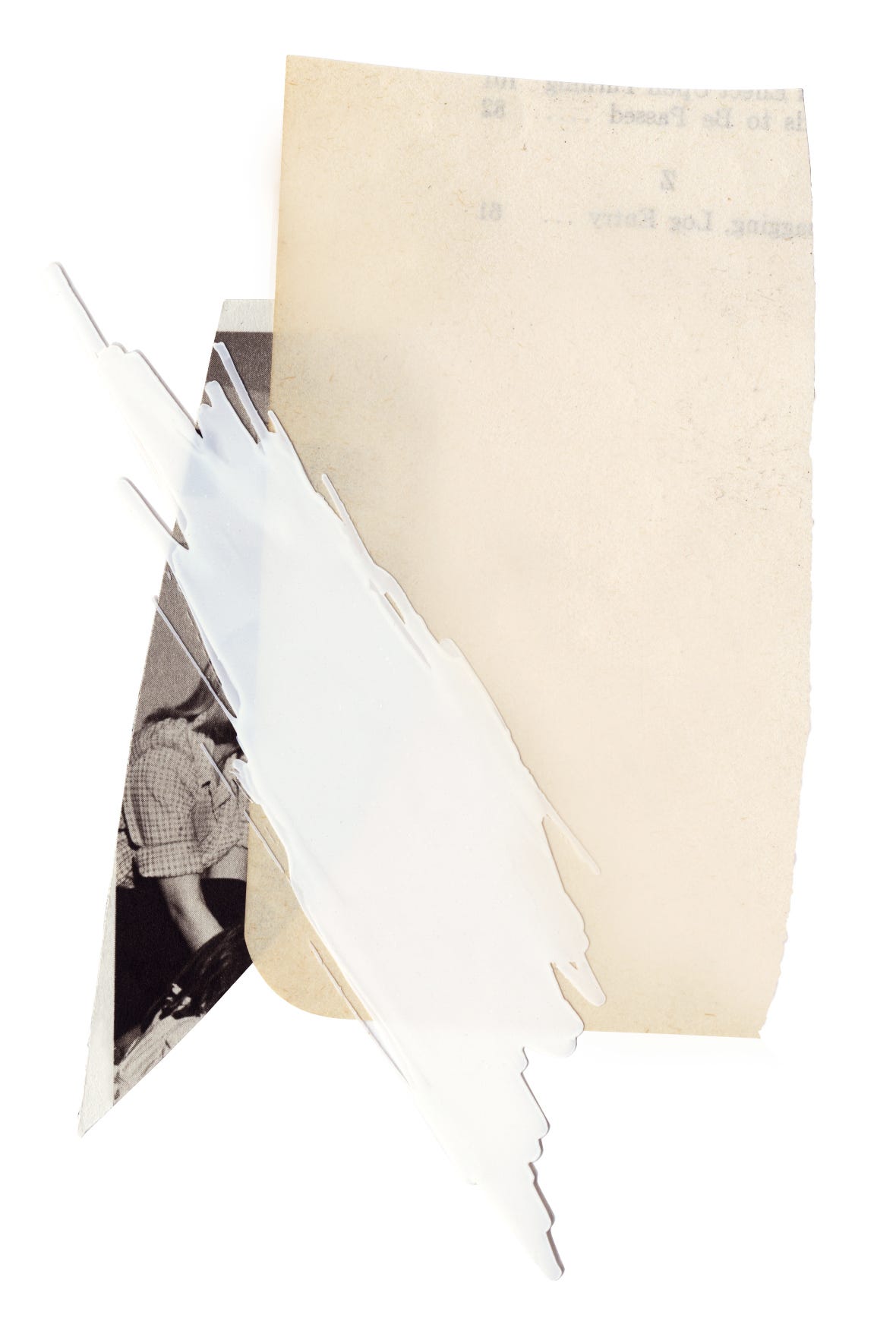
Last November I went to Philly to interview Professor Camille Paglia, the notoriously tough critic who trades on several contradictions, not least of which is “public intellectual.” We talked in her office for two hours. I have no time for straight white men who quote Paglia to excuse their anti-feminism, but Paglia herself I adore—sometimes all the more when I disagree. Here is the transcript of our conversation concerning her long-held and controversial views on date rape.
Me: Have you ever thought about just rethinking your position?
Paglia: No! My history isn’t your generation, my history is the generation that was suppressed with compulsory virginity in the 1950s, okay. But then we arrived at college, and we had the parental rules in effect, where we women had to sign into the dorm at eleven o’clock at night and the men were free to roam the men’s dorms. Why? “Because you could be raped,” we were told. Okay. “We are acting in loco parentis.” My generation’s the one that said, No! Let us risk rape! Give us freedom! It’s more important than any risk of rape.
Me: Were you having sex with men then?
Paglia: Yeah, I was dating men. Here’s the point. I’m talking about date rape, I’m never talking about stranger rape, okay. I’m talking about date rape. Never someone seizing a woman off the street. I’m talking about when women have a transaction with another person, okay, and stop making decisions about what they’re conveying to that person.
Me: I feel that would be a worse betrayal for many women.
Paglia: No, but nevertheless, what I’m saying is that the modern free woman has to take full responsibility for the part she plays in any social transaction.
Me: I don’t think it’s a woman’s job to provide for every instance in which a man might just, like, unleash his animal nature. It is his job to control himself.
Paglia: What I’m saying is men should have ethics and honor. However, it is realism to say to women, you cannot expect that every man you encounter is going to be an ethical, honorable person. It will still fall on women to make choices that will end up with you not being dead. I don’t mean just being raped, I mean being dead. I don’t want a double standard, where women say well, I want to have the option to go out, to go up to a strange man’s apartment—and I say don’t ever put yourself in a position [in which] you can be overwhelmed and raped. This goes also to getting your purse stolen, or leaving a window open at night.
Me: I don’t think very many women think of getting raped the same way as they do having their purse stolen or their car jacked. Rape is invasive—physically, physiologically invasive. You can’t deny that part of it.
Paglia: Right, exactly. And I don’t want a situation where women are being stupid. I don’t want the fetishization of women’s sexuality. I don’t want women saying our sexuality is special. I don’t want middle-class women saying we want an endless extension of the safety of the bourgeois living rooms to the world. And I call this “street smart feminism.” I’m saying you’ve gotta be street smart, okay, and don’t put yourself in any position you can’t get out of, all right?
Me: Do you have sisters?
Paglia: I have a younger sister—listen, I don’t want a situation where a woman is being stupid, okay, and being naive. I’m sick of this. No woman should be going home from a bar with a man she met at that bar that night. Women wanna play that game, because it’s exciting, but it’s a risk. I’m saying to women, grow up and become the equal of men. What you say is, I gambled and I lost.
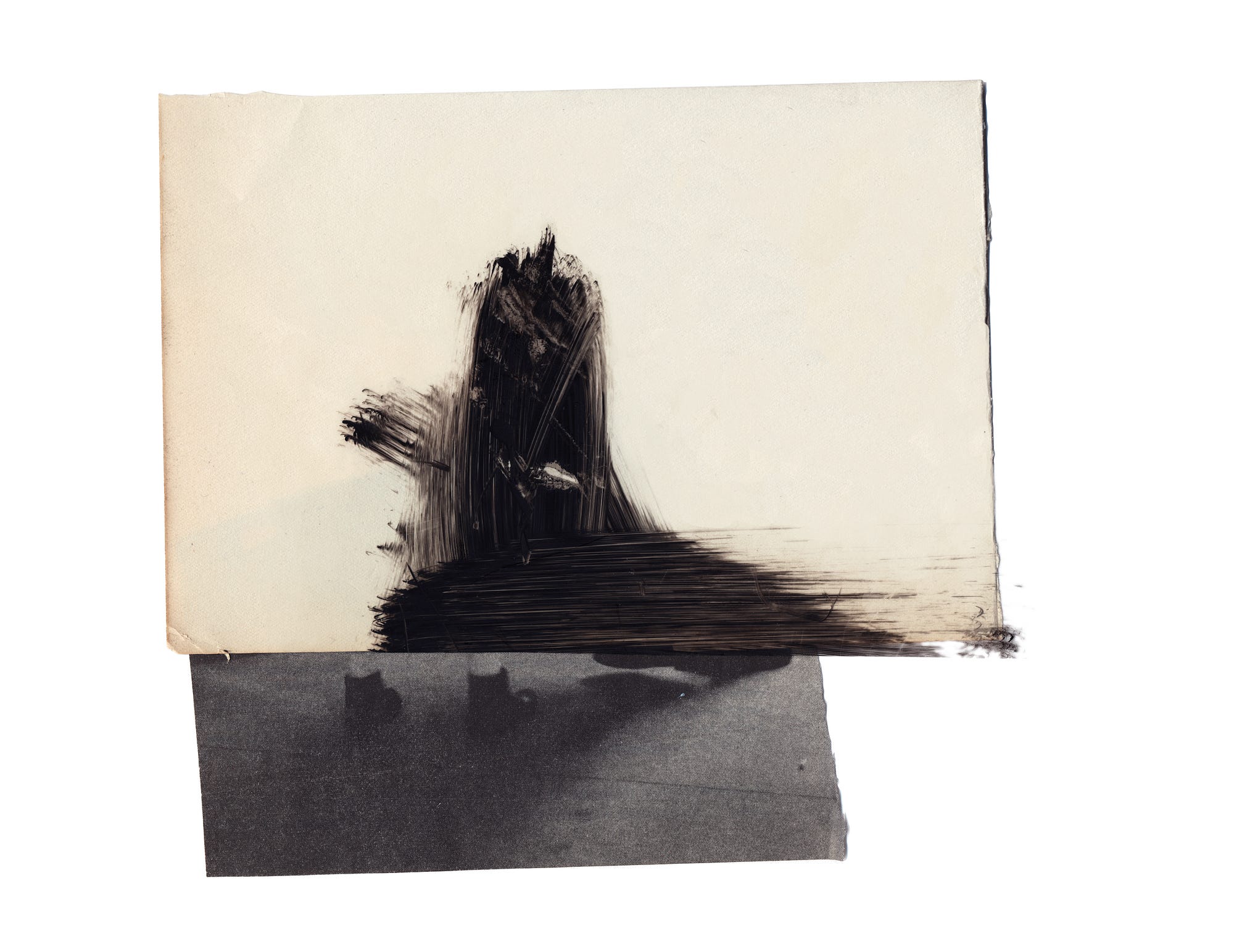
Six months earlier, I had spent nearly a week in San Francisco, and for the first few days I was alone in my friend’s apartment while she was away for work. I decided to meet a man I knew from the email newsletters he sends out daily—I think; I no longer subscribe—as part of the literary website he runs.
After we’d hung out twice, he invited me to a poker game at “the office.” I said I don’t play poker. He said I didn’t have to. Because so many women and queers and queer women I admire have written for this website, it did not occur to me that when I arrived, I would be faced with a room full of dudes. All the dudes were older than I was; most of them were wearing flannel shirts. It looked like an anxiety dream. After twenty minutes, I left.
The next day this man sent a newsletter that very ethically and honorably listed all of his friends by their names. I was listed as “a girl.” As in: “A girl came by for a while. She had a new tattoo and stylish clothes and just wanted to watch. I asked if she would count out the chips and some of the guys got flustered when she was around and there was a lot of fighting after she left. What is it about pretty girls?”
If you want men to think you’re pretty (and I do) they will often stop thinking there. If you are the only girl in a room full of men, you are always only “the girl.” These are rules. That night there was an exception: “Isaac insisted,” said the email, “she was a woman. Then he refused to talk about it.”
Isaac is his real name and he is a real mensch. Concerning the rest of them, at twenty-six I felt much the same way as, at nineteen going on twenty, I had taught myself to feel about Jon. Had anyone been thoughtful enough to ask me what it was that I wanted, I would not have said, “Actually, I’m pretty happy just watching you move stacks of plastic around a table while you offer unsolicited opinions on the various facts of my life.” I did not leave soon enough. But only one time since (and it felt almost as dulling) have I been the only girl in the company of more than two dudes. I have reorganized my life so as not to waste it too easily; I have reconstituted risk as waste.
I do not believe women have to grow up in order to become the equals of men. I believe we’re born their equals, and while I second Paglia’s imperative to “grow up,” my impetus to do so is different. For me the goal is to stop needing men (plural) for validation, for protection, for comfort. For sex? But I have spent the decade in love with individual men, one or sometimes two at a time, and I cannot imagine what it would be like to not need a man to fuck.
It took me long enough—from the end of my virginity to my first single summer at twenty-one—to learn the trick of sleeping with someone without waking up obsessed (and even then, it didn’t exactly become my superpower). It was easy to stop believing that “sex is between a husband and wife,” as my parents had taught me; it was less easy to stop believing that “sex is between two people who love each other very much,” as my friends’ parents had taught them. Even the girls I knew who never went to church would sleep with boys they did not like, then feel cheated when the boys did not text back.
When I went home with Jon that night it was because I wanted him to prove that his crime had not been violent, but passionate. Or because I felt as entitled to comfort from his body as he felt to victory from mine. I was not stupid and naive because I drank too much too fast or because I trusted my friend to mix a drink or because I assumed he would check to see whether my eyes were open before undressing me. No, I was stupid and naive because I expected a carefree white boy who did not know what he had done to suddenly come around and fix it.
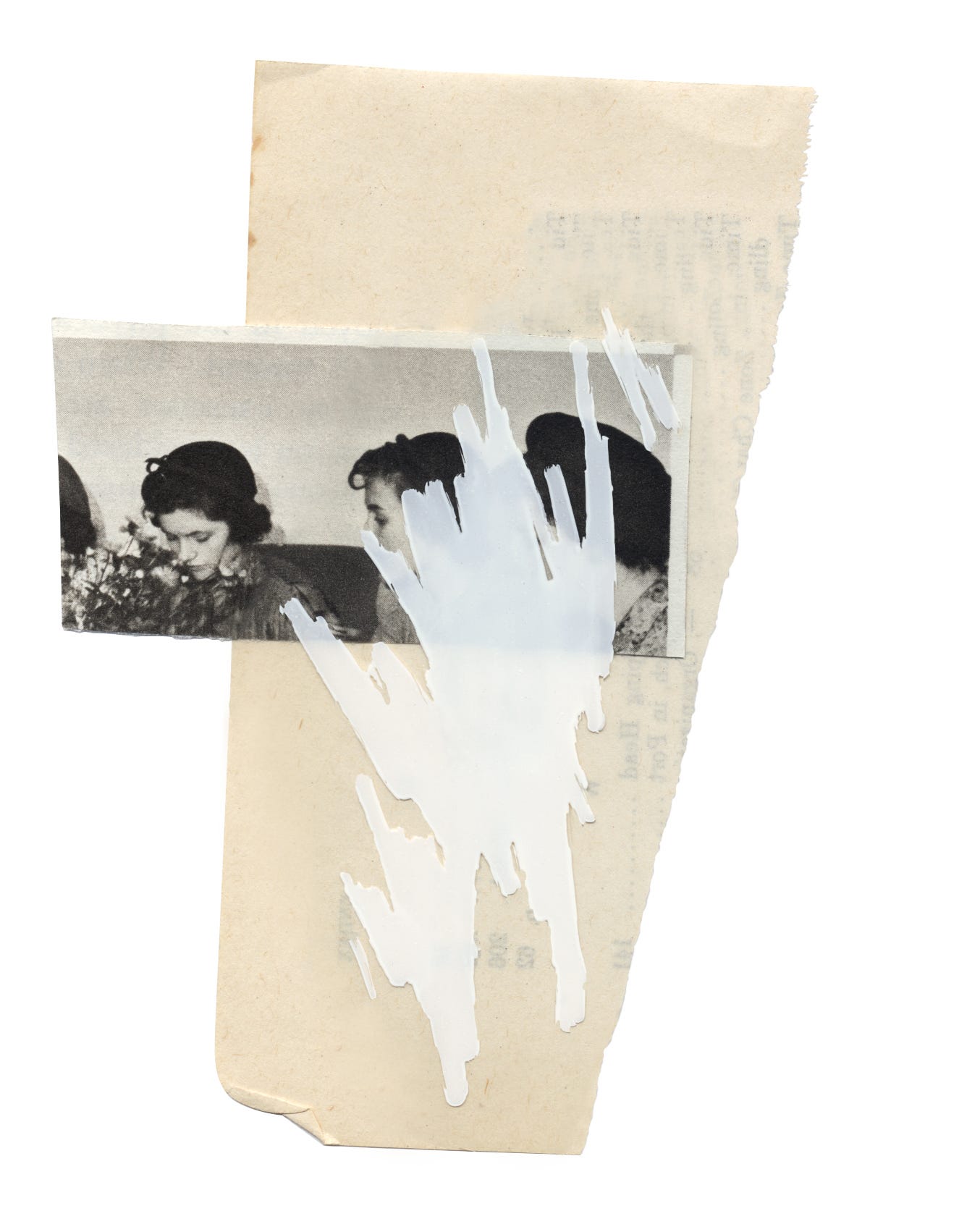
Daisy Coleman was fourteen and a high-school freshman in Maryville, Missouri, when—according to the account she wrote for xoJane in October—Matthew Barnett, then seventeen, invited her to his house, got her blackout drunk, raped her, drove her home, and left her passed out in the January freeze. “Within five hours,” Maryville Sheriff Darren White told the Kansas City Star, “we had all the suspects in custody and audio/video confessions.” Two months later, the charges disappeared, and shortly after that the Coleman home, now empty and for sale, burned down. More than a year passed before Daisy’s story became national news.
When my littlest sister started drinking, then went to college, I began answering each of her “emergency” calls—and there are lots; her moods are like mine—with steely teeth. I always think “pregnancy,” but first I think “rape.” Or I think about how if she could not say it, I would say it for her. But it is true for both my sister and me, that if we are raped, we can tell someone, because the odds are someone will believe it. Girls like us and like Daisy are the luckiest. We profit indirectly from injustices to those who are not white, not middle-class, not traditionally pretty or conventionally smart. (A related truth: Although it is statistically possible, I have never felt afraid that a black man on the street will rape me. Between him and me, it’s me the cops would believe, me who would be seen on television, and me who can tell the story the majority wants to hear. The real threat is from white guys in nice clothes who can get close enough to whisper without anyone around us looking twice.)
Still the odds are not enough. Daisy’s smiling, cheerleading innocence makes her the kind of victim the national news can not just tolerate but also celebrate, and yet this innocence does nothing to prevent girls like her from being raped, nor to ease the shaming that ensues, and this innocence does not mean their rapists feel guilty.
This series of events is too terrible for me to comprehend, and yet there is something familiar in the case, and in the Steubenville case, and in the Rehtaeh Parsons case (to name the year’s most-read-about three). In all three there were cell phones on the scene of the rape, and there were boys holding the cell phones, and so there was evidence, and there was more than one boy to blame but it was the girl who got called all the names.
In two of the cases she stood alone for a long time in a small place until a national audience came and sought revenge. In Rehtaeh’s case, she had already died. The North American family can bear national outrage easier than local outrage. We can think: “Those boys.” We cannot think: “Our boys.”
In all three cases the evidence was first presented, as a joke, to a jury of the rapist’s peers.
That night I did not want to find out, or maybe I already knew, whom they would choose if I made them. Jon or me. My word against his. Their phones. I can see him that morning after I left, when he no longer had to pretend to be asleep, calling Rob or Jake, saying it’s cool, man. She’s cool. Don’t show anyone those pictures. I used to think I was lucky to be nineteen and not fourteen when it happened because that meant my body was stronger. My mind, too. Now I think it’s because I was old enough to know what not to do.
Many bourgeois living-room feminists—from Susan Brownmiller to Jill Filipovic—believe that all rape is about power and not about sex. Contrarians, like Paglia, argue back that it is a primitive sexual act. Rape may be a sexual act, but much of consensual sex, too, is about power, and in any case I am not interested in what motivates a rapist. I am interested in what permits him.
One answer to this is “rape culture,” a term that, as the journalist Denise Balkissoon has pointed out, seems to cover everything from insensitive comments to the cover-up of rapes in the U.S. military to the sale of child brides in Afghanistan. But no matter how many Americans are murdered every year, and no matter how many times we say we “could just kill that guy,” we don’t talk of “murder culture.” We talk of “gun culture.” Accordingly, when we talk about rape, we should rage not against “rape culture” but against “dick culture.”
When I say “dick culture,” I mean: The inordinate pride men feel in owning and wielding their dicks. The idiotic contests they hold to see whose dick is more powerful, can shoot off harder, go farther. The way both men and women will say “he was thinking with his dick.” The spasmodic reaction of a dick-bearing man when one suggests that, given the yearly number of dick-related injuries per capita, the use of his dick should be restricted. Every man with a dick believes he is a responsible dick-owner. Dicks don’t kill people, he says. You can’t take away our dicks. Yet there are always so many “accidents!” I am no handmaiden to the nanny state, but you have to admit: a ban on dicks seems like the most pragmatic solution.
Yes, I am tired of rape stories. I think rape stories are boring. I am sick of rape stories on CNN and sicker of rape stories on Jezebel. I would like instead to see national, televised debates and full episodes of morning radio shows and several long-form podcasts and a portion of the next State of the Union address dedicated to determining whether men should be allowed to keep their dicks.
Guns, however, should be given to girls at age ten.
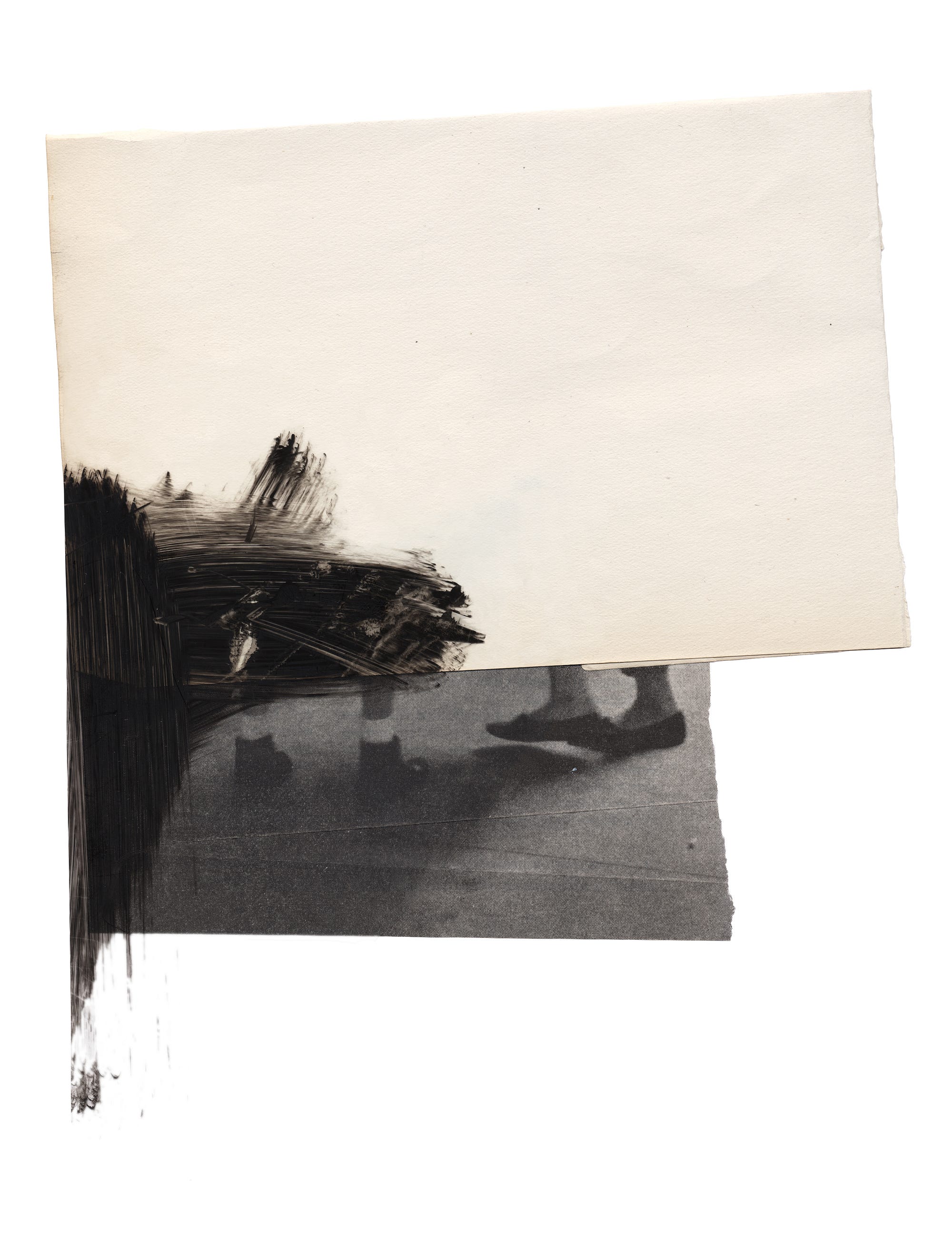
For nine years I did not write this story because it did not feel important. During many of those years, I wrote about so many trivial things that the omission was really a feat. I alluded to it, once. Barely. I believed that since the source of self-worth is somewhere above our genitals, rape is not often the worst thing that can happen to a girl or a woman (or a boy or a man, but you know). It is only the most obvious. It is a theft of power with the minimum of effort, which is force. And because I could not recall the moment of losing control—because in my memory, and probably in fact, there were no signs of struggle—it was easy to not feel that loss. It was also expedient, and it did not prevent me from empathizing with other girls who had the same thing happen, but it hurt them more, either when it happened or later. I also felt that even if I had been raped, I remained lucky to not be raped worse.
Virginie Despentes, the French punk-cum-feminist writer, was raped by three white guys, when she was seventeen, while hitchhiking with her friend outside Paris. After she published her revenge-fantasy novel, Baise-moi (1994), she kept meeting women who told her “I was raped, at this age, in these circumstances,” and in King Kong Theory (2006), she asked: “[H]ow shall we explain the fact that you hardly ever hear the other side of the story, ‘I raped so and so, on this day, in these circumstances?’” Just as women have done for centuries, men tend to “euphemize” the event: “They may have ‘pushed her a little,’ or ‘fucked up a bit[.]’” Rape is for rapists; as for men, “What they do is always something else.”
I started writing this essay one night after I read a thing on Gawker that some cool guys I know thought was funny. The thing was: A woman had mistaken a hamburger for her sandal while getting out of a Dodge pickup truck in which she’d been seen having sex outside a Waffle House in Loganville, Georgia. Sure, except—the woman had stepped on the hamburger after being told several times by the cops to get dressed, and she had to be told all those times because she “simply sat in the passenger’s seat,” not responding. The man, meanwhile, “immediately put his pants on.”
According to the police report, the man blew a .154 on the breathalyzer; the woman blew a .216. So on Twitter I said two things: First, does anybody think maybe this woman was raped? And second, the Gawker post seems like a joke at the expense of the lower class. The author of the post responded not to my first, larger concern (rape) but to my second, lesser point (class prejudice), because if there is anything I know about dicks it is that they are always happier winning a completely insignificant argument than merely participating in a serious one. He ignored the maybe-it-was-rape plot to focus on why I thought the man and woman in the story were “lower class” when he had certainly not said so. He had just reported a cool anecdote.
I don’t know why it was this one exchange that started me crying. It could have been any number of cool anecdotes, on any number of websites, on any number of nights. It is cumulative and then all of a sudden: the feeling that for every rape joke there is an even worse joke in which nobody even sees rape.
Note that I am not saying the woman in Georgia was raped, or even that she was unconscious. Note that I do not know who she is or what it means for her, for you, or for my sister to be sober enough. I only know what I do not wish to see. Watching a scene with drunk, naked bodies, in which one of the bodies is female, women like me feel sick with rape while men who read the same things we do, men of the same milieus, men who really like us, are only looking at their cell phones and laughing.
Several days after I had stopped reading about Daisy Coleman, I was talking about her to a man who is as far from being a dick as a man can get. I asked if he had ever been one of the boys in a story like that. Was I surprised when he said yes. I’m still naive.
He said it did not get so bad. They were all fifteen or sixteen and they were drinking in one of those basements that is its own house. The kid whose house it was had rich parents and a shaved head and a sort of mute cruelness about him. There were two girls, three or four boys. One of the girls got too drunk. He described how she was pretty but I can’t. He described how she came to while the rich kid had a hand down her pants and the rich kid had started it, yes, but he was there too, first watching and then feeling up her tits. I wanted to be sick. I said why did you do it? He said because we were all so drunk, and so young, and it was fucked-up but also not real. And, too—I wanted to be friends with this guy. I didn’t know how to say no to him.
